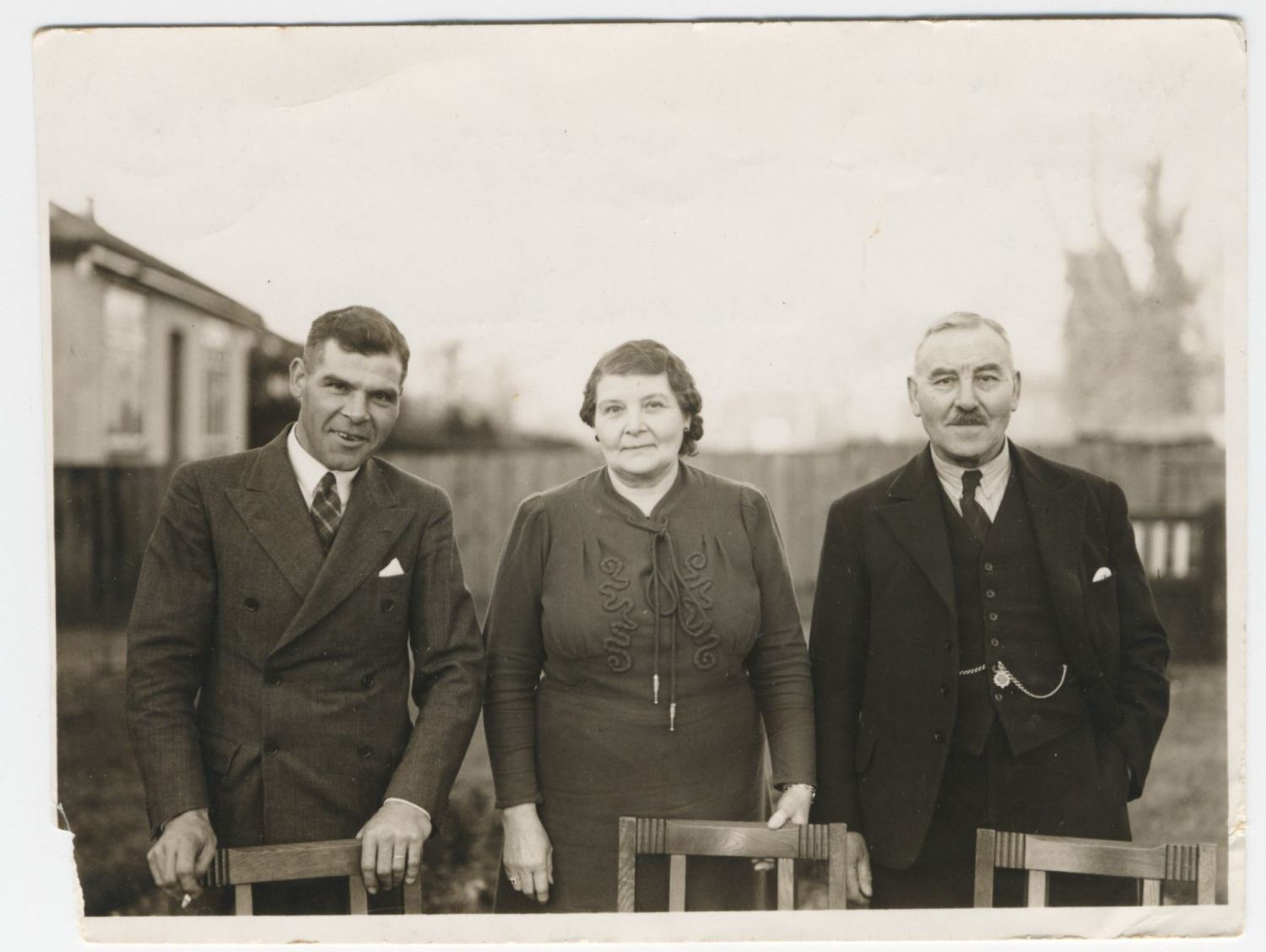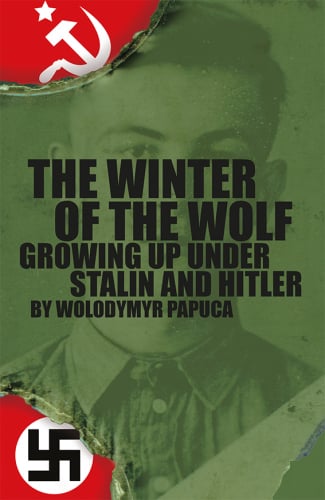Telling Stories: Why Family Reminiscences Are So Important
Posted on
I was 16 when I first became interested in family history and I've been curious about the past ever since. Although it was great to find out names and dates to build my family tree, I wanted to know more about my ancestors’ lives: where they went to school, the occupation they followed, what their homes were like and generally how they lived day to day.
As every family historian will know, the only way to find out these extra nuggets of information that are not recorded in documents is to talk to the older members of the family who are still alive. I loved this part of my research and I enjoyed finding out about their memories of their childhood, their parents and their grandparents. Most of the time, they would think the information they were providing about their daily lives was irrelevant but to me, it was gold-dust.
For example, the 1901 census seems to suggest that my twin great-uncles, George Bagnall and Frank Howard (born in 1899), were cruelly split up when they were children as they were living in separate households in Colchester and Dovercourt; George was with his parents while Frank was being looked after by his maternal grandparents.
According to family stories, the explanation for the brothers’ separation was far more altruistic; Frank had an illness as a child and a good, varied diet was recommended to help treat him. My great-great-grandparents, Thomas Bagnall Greenwood and his wife Naomi, offered to take Frank in because they could afford the extra food more easily than my great-grandparents, George Albert and Ruth Eliza Howard, could. George Albert and Ruth Eliza are in this photograph with my grandfather, Leslie:

Another family story illustrates the devastating effects of the First World War on ordinary households. Both George and Frank served in the army, joining up towards the end of the war. When George’s call-up papers arrived, my great-grandmother wanted my great-grandfather to try to get George excused from service, but he refused. Sadly, only Frank came home from the war as George was killed in action on 11 October 1918. In her grief and anger, my great-grandmother went around the house smashing things, and she barely spoke to my great-grandfather for the next 12 months.
If there's a moral to this tale, it’s simply to talk to your elderly relatives and record their stories digitally or in writing before it’s too late. My only regret is that I never got to ask my maternal grandmother about her life (she died when I was 14, two years before I became interested in family history).
Also, it’s never too early to write down your own reminiscences for the benefit of future generations. In fact, this kind of life story is a wonderful legacy for children and grandchildren. Over the past couple of years, I’ve been privileged to hear the life stories of some fascinating men and women in my capacity as a writer for Book of My Life. In the most recent story (The Winter of the Wolf), an extraordinary gentleman originally from the Ukraine describes his experiences of growing up under Stalin and Hitler. This was the first time his family had heard the full story of the horrors and hardships he had witnessed and lived through before, during and after the Second World War. Recording family stories really does matter!
